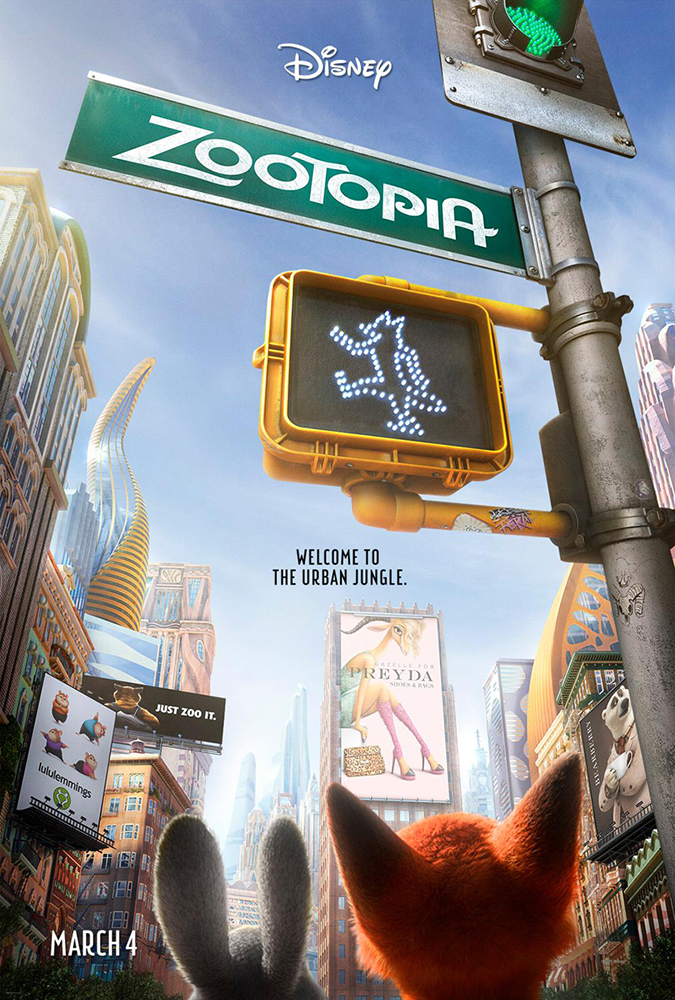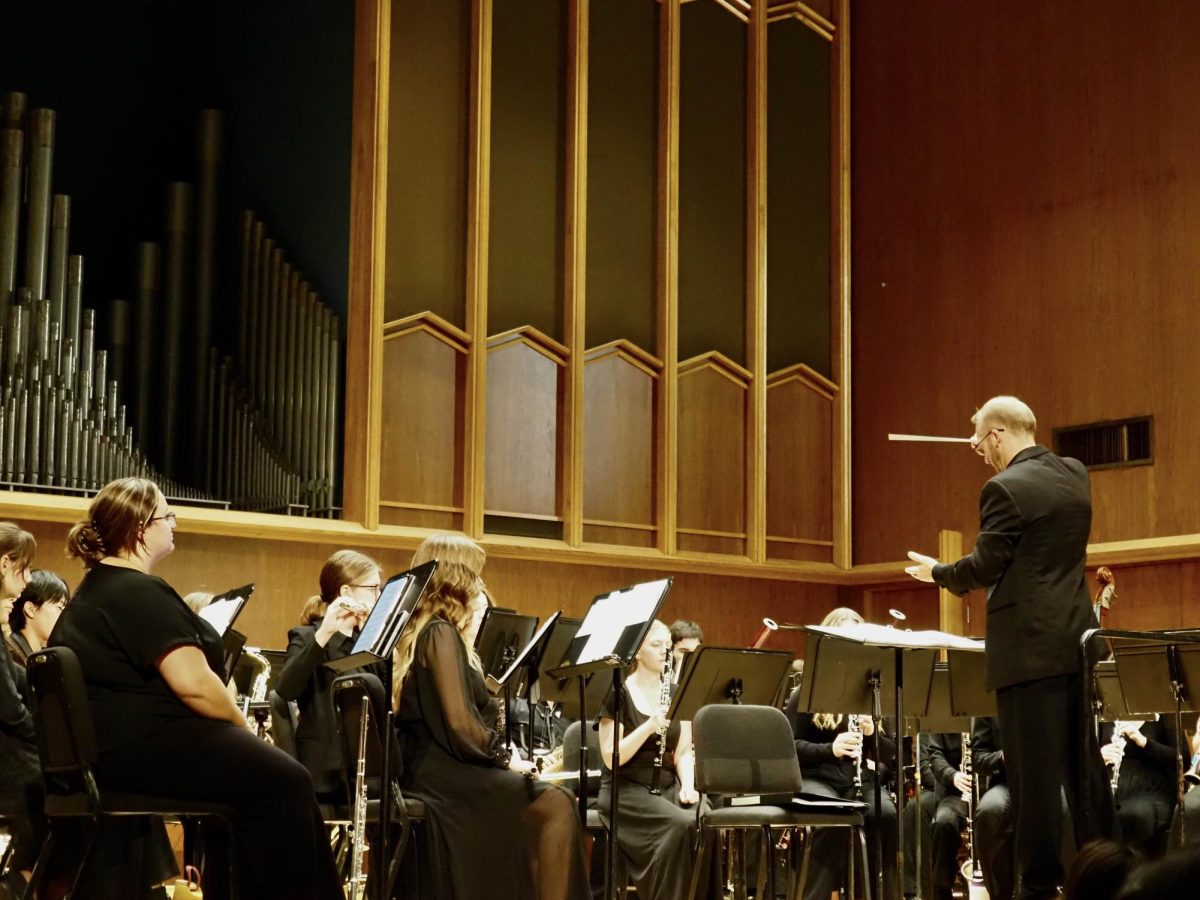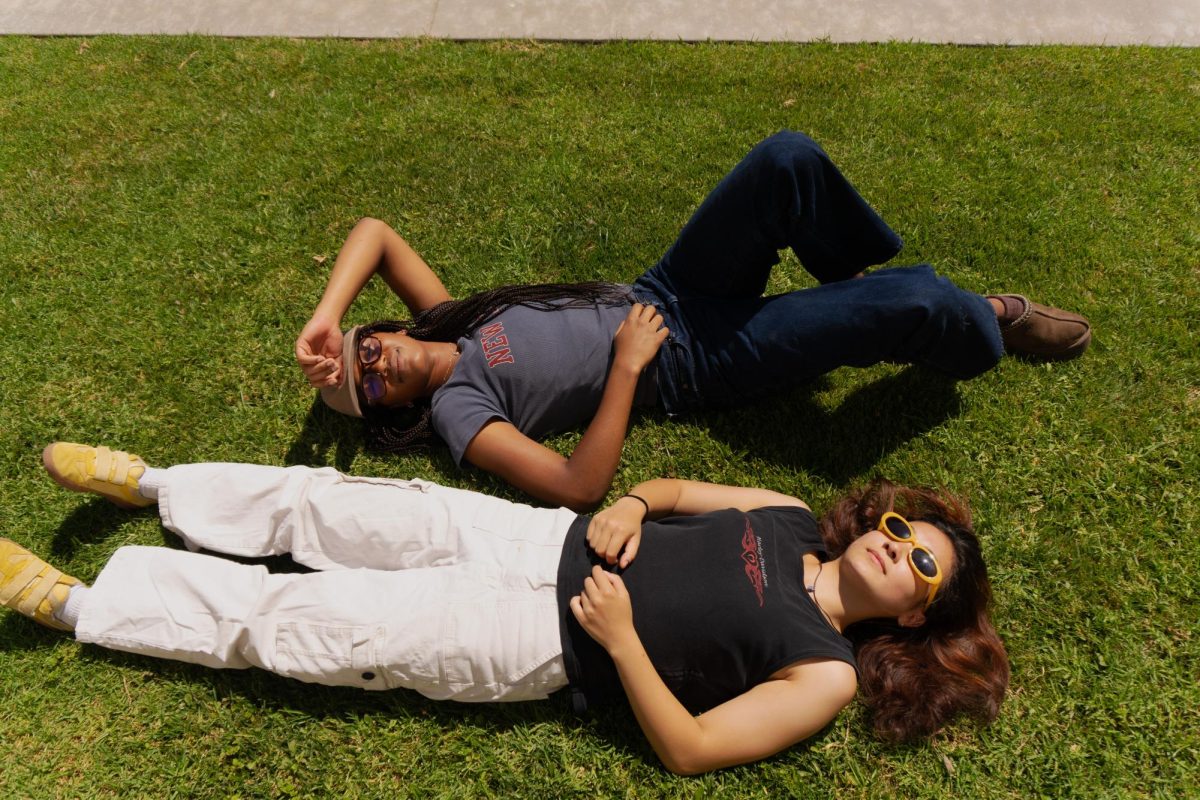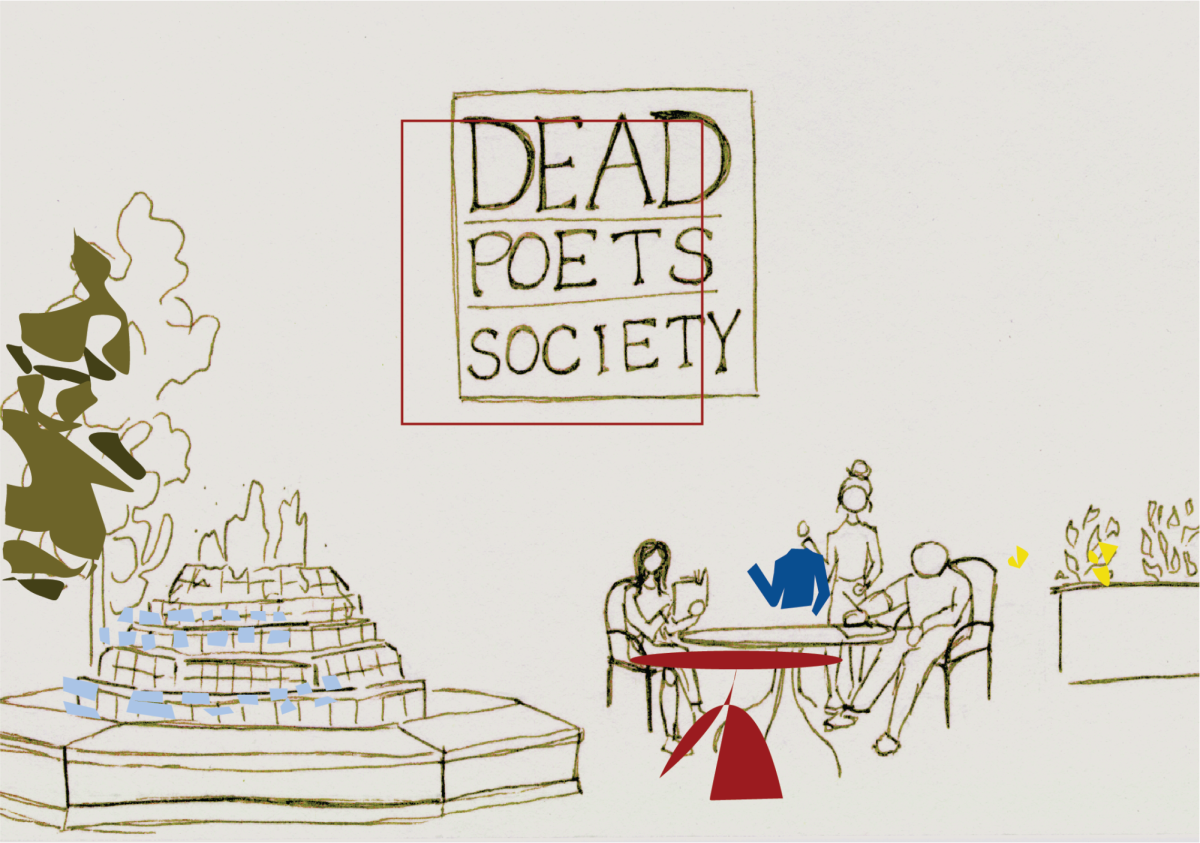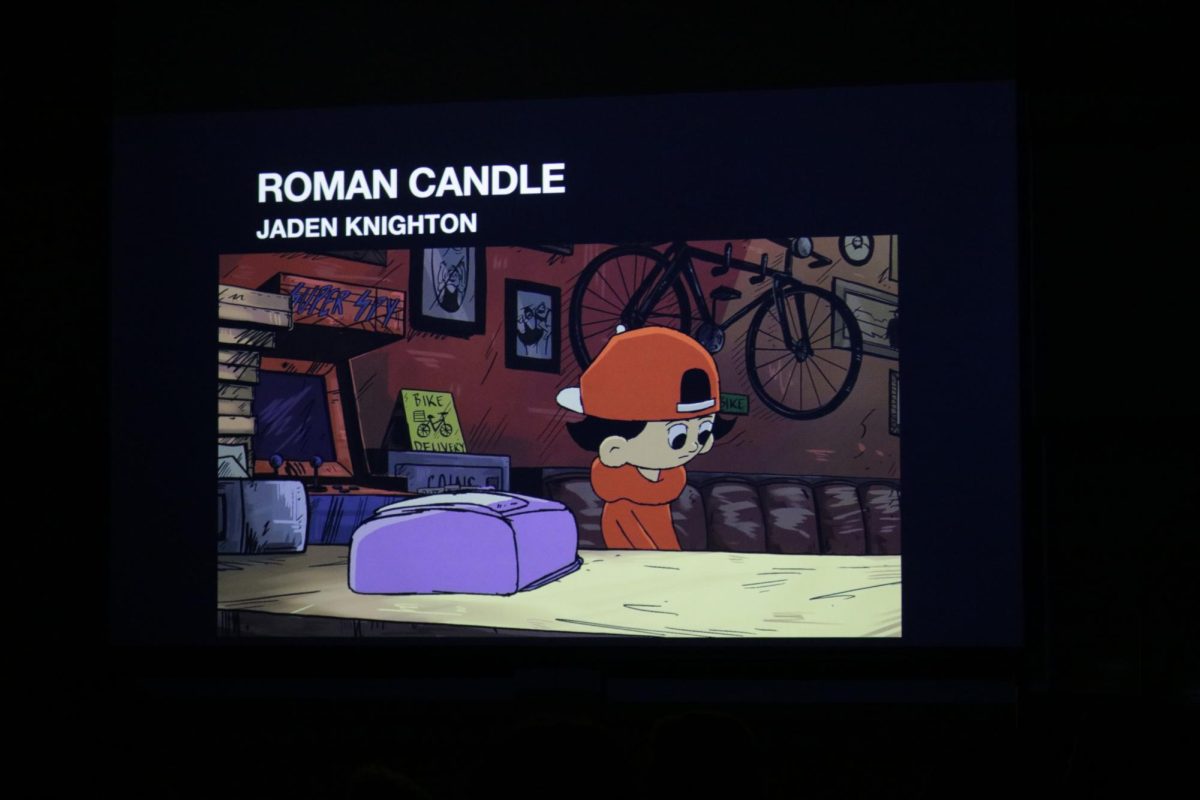When I saw Disney’s “Zootopia” last Friday, I anticipated a typical animation film filled with adorable animals up to their usual antics. I certainly did not expect to find an allusion to racial stereotyping under the cutesy exterior.
Anyone can become anything
The movie followed the story of female protagonist Judy Hopps, a bunny played by Ginnifer Goodwin, who aspired to become a cop in the city of Zootopia ever since she was a small hare. Hopps holds the city’s motto, “Where anyone can become anything,” in high esteem. She wants to shatter the misconception that only larger mammals, like bears and lions, can handle law enforcement positions.
Hopps fulfills her dream of being assigned to the Zootopia Police Department, only to discover herself on parking ticket duty her first day of work. She is understandably disappointed. The Police Chief doubts her abilities as a first officer because she is a small, delicate rabbit more susceptible to larger, predatory-type animals.
Hopps seeks to prove the Police Chief wrong. After befriending a small time con-artist fox named Nicholas P. Wilde, played by Jason Bateman, the two soon embark on a case to find out why the city’s predatory animals are starting to become “savage,” feeding on their natural hunting instincts.
As the film progresses, Hopps makes a mistake of grand proportions.
During the press conference, Hopps discloses that a few predatory animals in Zootopia have become savage and the cause of their decline is unknown. In Zootopia, predatory animals consist of 10 percent of the city’s population.
Chaos unfolds. Soon, the predatory minority group becomes discriminated against out of fear of the public, including Hopps’ newly found fox friend, Wilde. Even the Zootopia Police Department begins to judge their officers and employees, relocating some predatory animals to different departments because they appear too menacing to the public eye. Out of guilt and shame for the hurt she caused, Hopps quits her job and returns home to her family.
Speaking into culture
Disney and Pixar have a reputation for producing films that speak into culture. “Inside Out,” recent Oscar winner for Best Animated Feature Film, provides a glimpse for audiences of all ages into how human emotions affect and moderate interpersonal relationships. “Wall-E” asked questions regarding the destination of Earth’s environment, providing a humorous yet provoking glimpse into the future. With “Zootopia,” the audience is reminded of the harm law enforcement can cause when discriminating and stereotyping different races.
Fear mongering is a tactic the likes of Donald Trump use to fuel their agendas when speaking on immigration. This film warns that people who use such tactics will lead to widespread injustice, intolerance and xenophobia in America.
Through “Zootopia,” Disney invites their audience to a place “where anyone can become anything.” A similar parallel can also be drawn to our nation – after all, wasn’t America built on the idea of being the land of opportunity? “Zootopia” provides viewers with a wellspring of hope that these doors of opportunity may remain open to all, using creatures that are furry and small.



